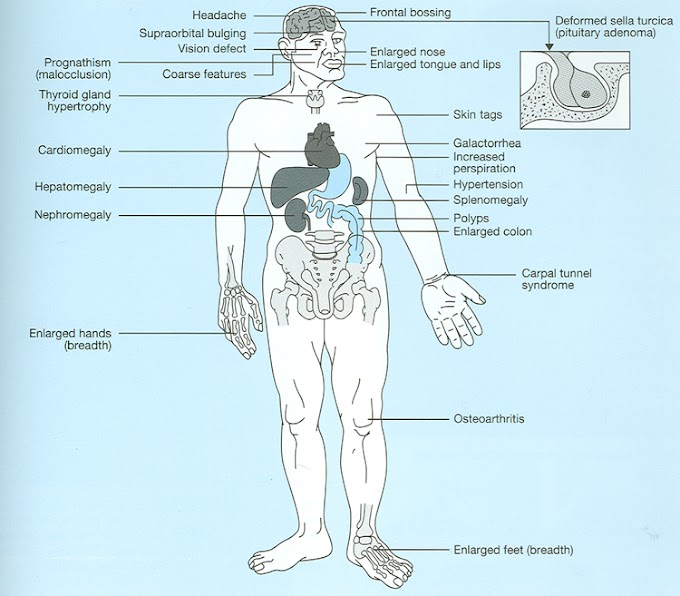Liver cancer is a disease in which cancer cells grow in the liver. The liver is located in the right side of the abdomen and has many functions, including: storing and metabolizing nutrients, and filtering and storing blood.
Cancer occurs when cells in the body (in this case liver cells) divide without control or order. Normally, cells divide in a regulated manner. If cells keep dividing uncontrollably when new cells are not needed, a mass of tissue forms, called a growth or tumor. The term cancer refers to malignant tumors, which can invade nearby tissues and can spread to other parts of the body. A benign tumor does not invade or spread.
Causes
The cause of liver cancer is not known, but research shows that certain risk factors are associated with the disease.
Risk Factors
A risk factor is something that increases your chance of getting a disease or condition. Risk factors for liver cancer include:
• Sex: Male
• Age: 40 and older
• Infection with the hepatitis B virus or the hepatitis C virus
• Formation of scar tissue in the liver (called cirrhosis)
• Excessive alcohol consumption
• Malnutrition
• Exposure to an infectious agent, such as a liver fluke (found in southern Pacific countries)
• Exposure to certain chemicals:
- Aflatoxin: a substance made by a fungus that often infects wheat, peanuts, soybeans, corn, and rice in tropical and subtropical regions.
- Vinyl chloride and thorium dioxide: chemicals that are strictly controlled.
- Anabolic steroids: male hormones sometimes given for medical reasons, but also taken by athletes to increase strength.
- Arsenic: a toxic chemical.
Symptoms of liver cancer in the early stages are vague and often go unnoticed.
Liver cancer can cause the following symptoms:
• Loss of appetite
• Unexplained weight loss
• Fever
• Fatigue
• Weakness
• Pain in abdomen
• Swollen abdomen
• Nausea
• Dark urine
• Excessive itchiness of the skin
• Confusion and increased sleepiness
• Yellowing of the skin and/or the whites of the eye
Note: These symptoms may also be caused by other, less serious health conditions. A person experiencing these symptoms should see a doctor.
Diagnosis
Your doctor will ask about your symptoms and medical history, and perform a physical examination.
Tests may include:
• Blood tests to see how well the liver is functioning or to find substances in the blood that indicate liver cancer may be present
• X-ray – of the chest and abdomen
• Angiogram – x-rays of blood vessels
• CT scan – a type of x-ray that uses a computer to make pictures of the inside of the liver
• MRI scan – a test that uses magnetic waves to make pictures of the inside of the liver
• Laparoscopy– a thin, lighted tube inserted through a small incision in the abdomen to look at the liver
• Biopsy – removal of a sample of liver tissue to test for cancer cells. Usually performed using a special hollow needle or during a laparoscopy procedure.
Treatment
Once liver cancer is found, staging tests are performed to find out if the cancer has spread and, if so, to what extent. Surgery is the only curative procedure in the management of a primary liver cancer. Chemotherapy and radiation therapy can reduce symptoms associated with the cancer, but are not considered curative by themselves, and without surgery.
Surgery – removal of the cancerous tumor and nearby tissues, and possibly nearby lymph nodes
Cryosurgery – destroys tumors by freezing them with a metal probe
Ethanol Ablation – kills cancer cells by injecting alcohol directly into the tumor
Radiation Therapy – the use of radiation to kill cancer cells and shrink tumors. Radiation may be:
External Radiation Therapy - Radiation directed at the liver from a source outside the body.
Internal Radiation Therapy - Radioactive materials placed into the liver in or near the cancer cells.
Chemotherapy – the use of drugs to kill cancer cells. Chemotherapy may be given in many forms including: pill, injection, and via a catheter directly into the liver. The drugs enter the bloodstream and travel through the body killing mostly cancer cells, but also some healthy cells.
Biological Therapy – the use of medications or substances made by the body to increase or restore the body's natural defenses against cancer. Also called biological response modifier (BRM) therapy.
Prevention
To reduce your risk of getting liver cancer:
• If you use needles to inject medication or drugs, always use a clean needle and do not share needles with anyone else.
• Use condoms when having sexual intercourse if you or your partner is not in a monogamous relationship, or if you don't know if your partner has hepatitis.
• Have children vaccinated against hepatitis B.
• Drink alcohol in moderation. Moderate alcohol intake is no more than 2 drinks per day for men and 1 drink per day for women.



0 Comments